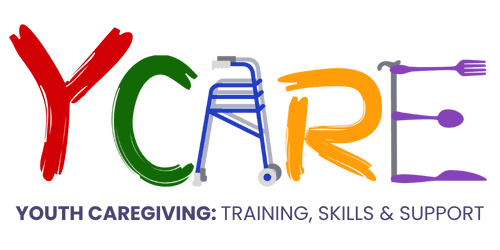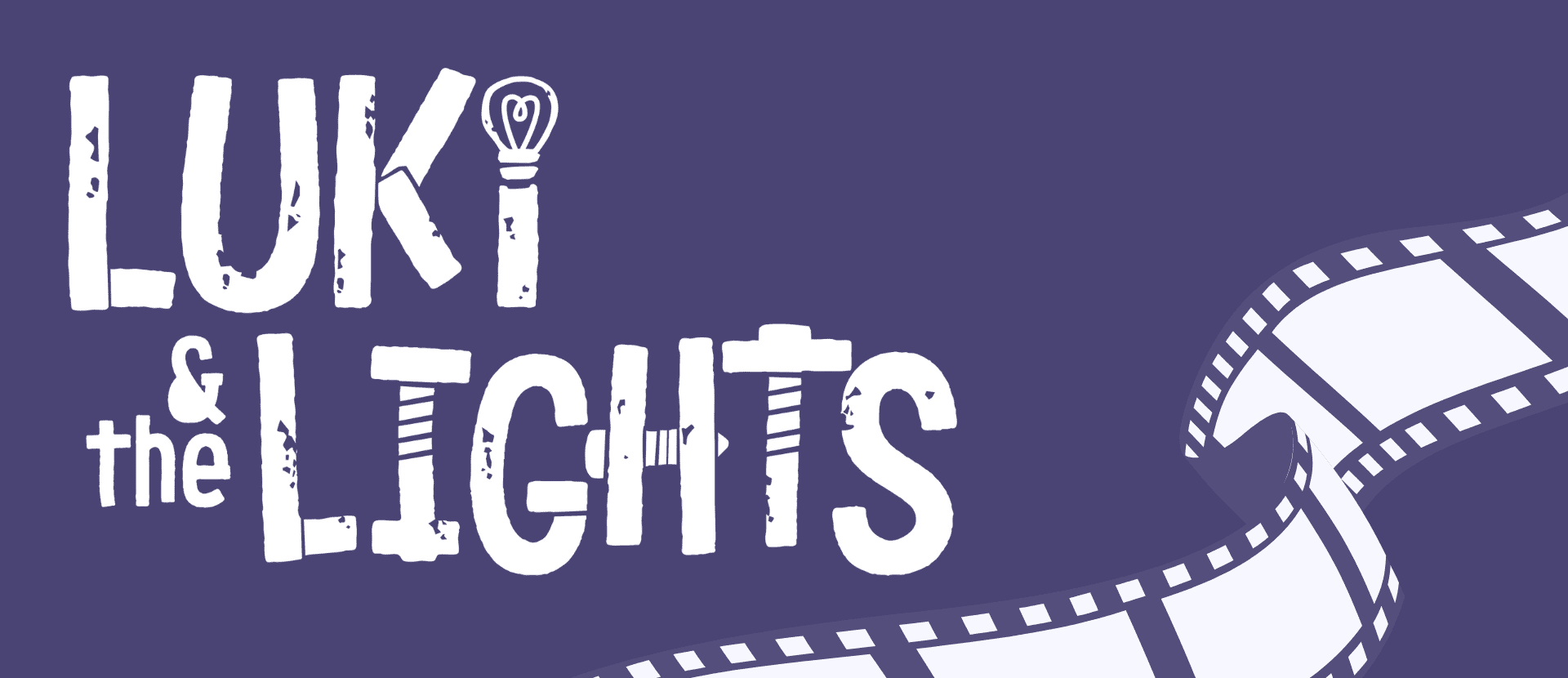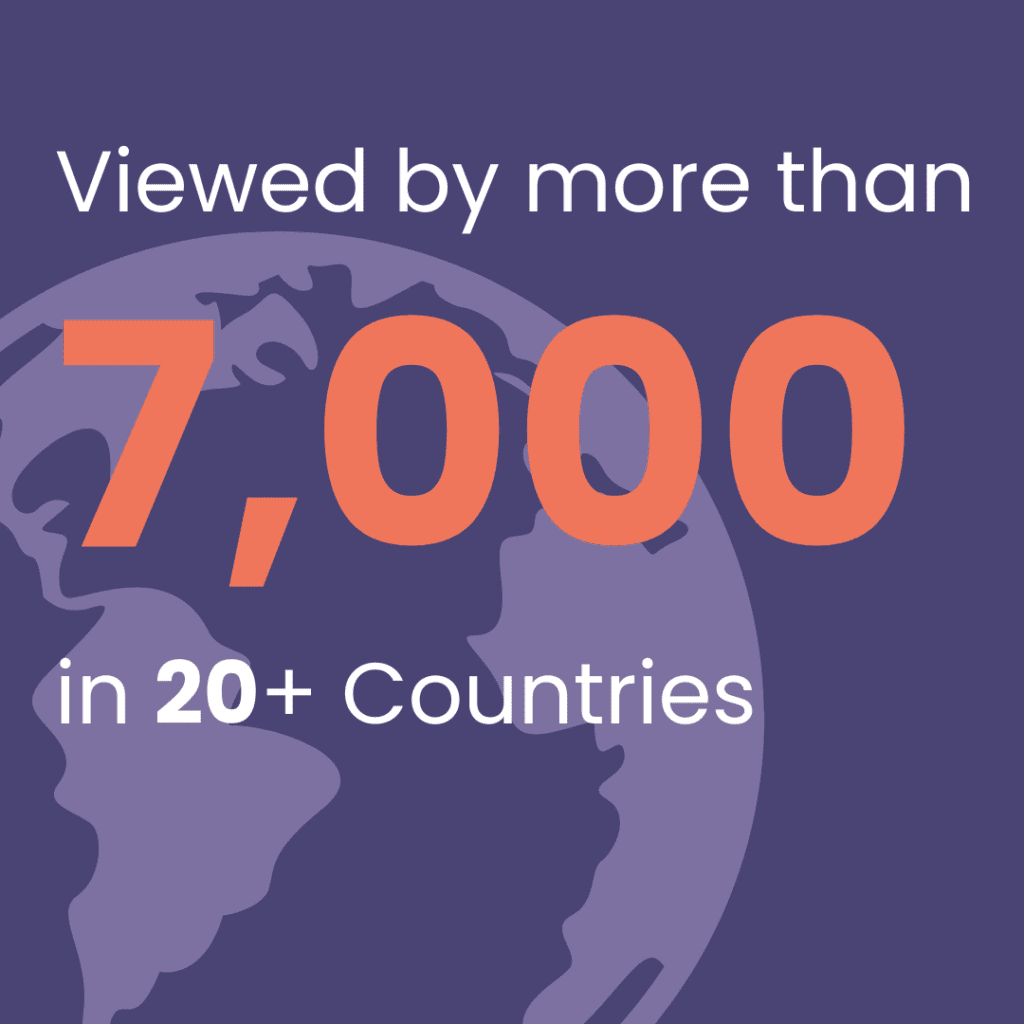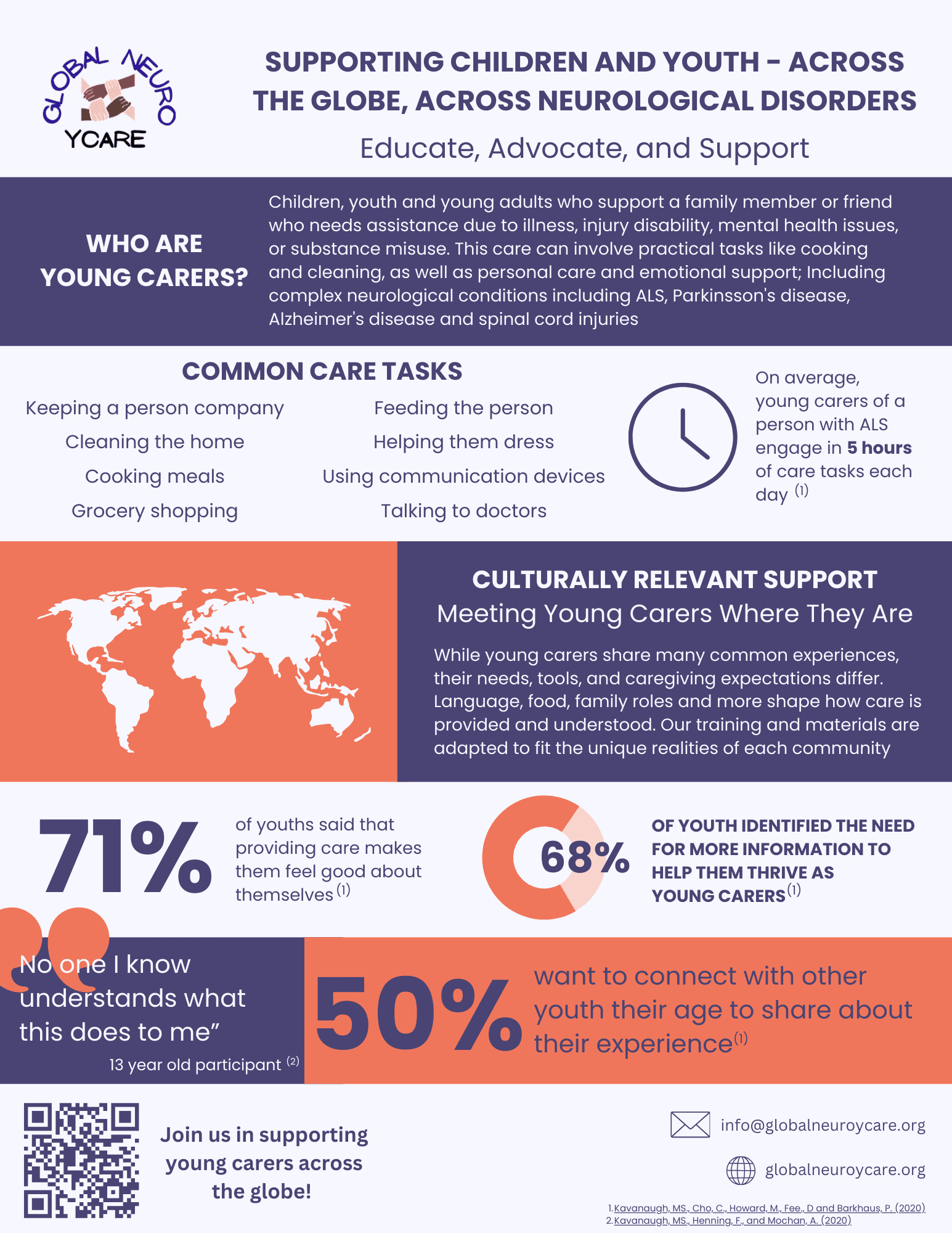
Program Outcomes
Improved self-efficacy in care tasks -increase young caregivers' self-efficacy and practical competency in performing complex care tasks, thereby enhancing the safety and quality of care provided.
Ability to identify self-care goals and coping behaviors - empower young caregivers to develop and implement effective self-management strategies for their personal well-being, fostering resilience and mitigating caregiving-related stress.
Changed perceptions of care - shift young caregivers' perceptions of care tasks from daunting or unclear to manageable and understandable, reducing anxiety and increasing their sense of capability.
Peer connection and support - provide a supportive community for young caregivers, facilitating meaningful peer connections and alleviating feelings of social isolation.
Sources:
Kavanaugh, M.S., Cho, Y., Fee, D., & Barkhaus, P.E. (2020). Skill, confidence and support: Conceptual elements of a child/youth caregiver training program in amyotrophic lateral sclerosis–the YCare protocol. Neurodegenerative Disease Management
Kavanaugh, M.S., Cho, C.C., & Howard, M. (2019). “I Just Learned by Observation and Trial and Error”: Exploration of Young Caregiver Training and Knowledge in Families Living with Rare Neurological Disorders. Child & Youth Care Forum
161 young carers
and counting have participated in YCare
131 providers
and counting have served as volunteer facilitators for YCare




